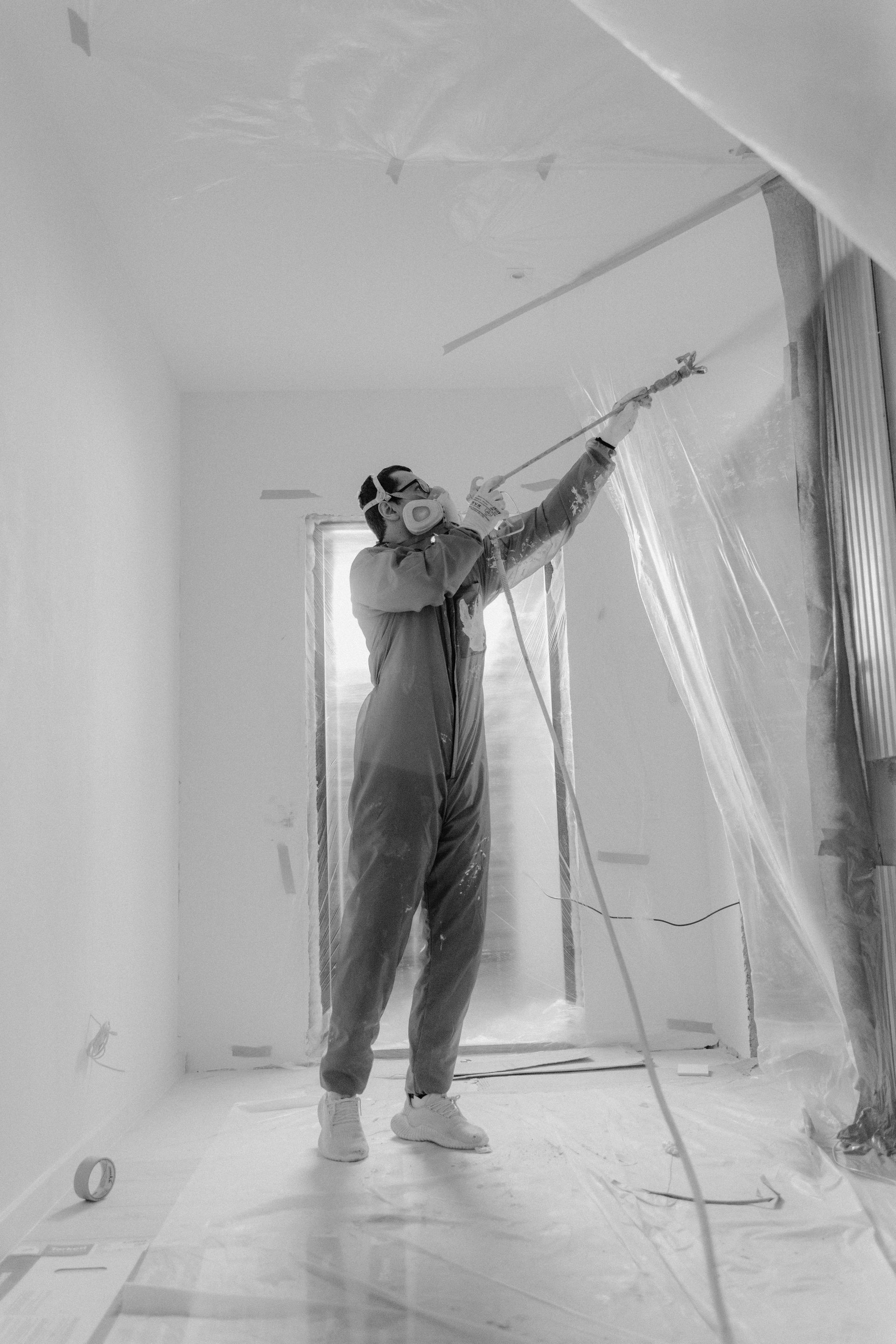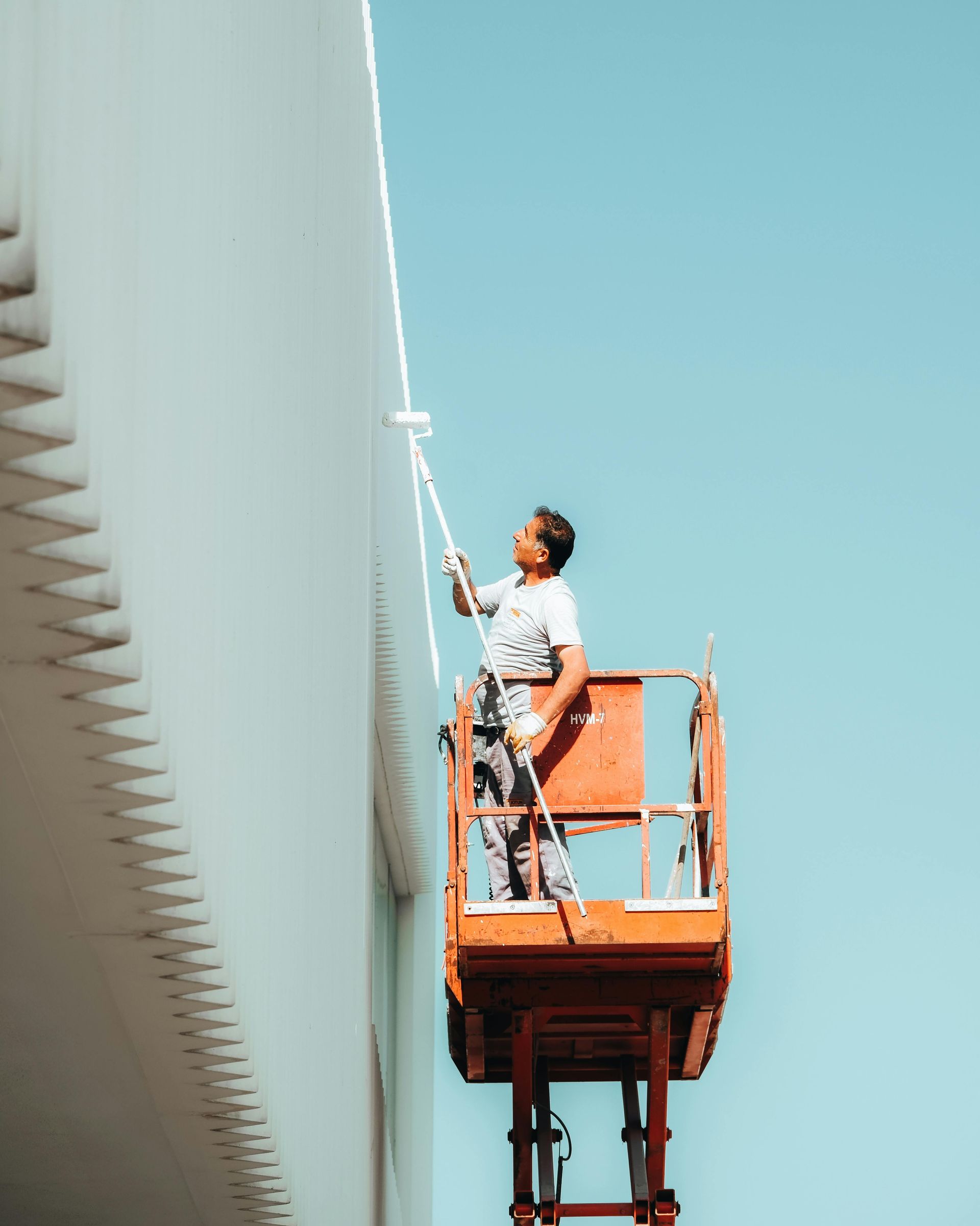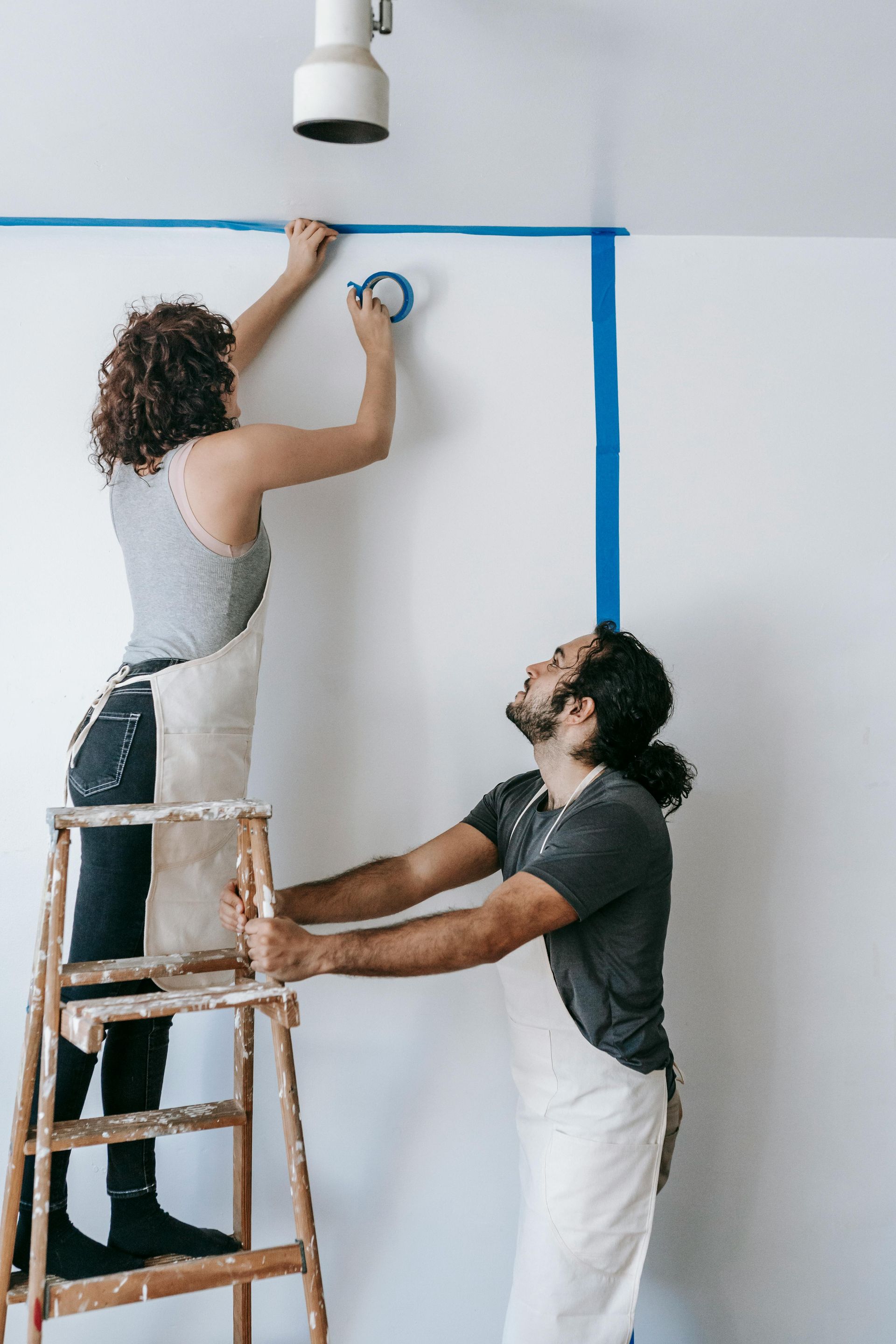When it comes to choosing the perfect flooring for your home, two of the most popular contenders are Luxury Vinyl Plank (LVP) and laminate. Each brings a unique set of benefits, styles, and installation options to the table, making them go-to choices for homeowners, interior designers, and real estate professionals alike.
But which one truly wins in a head-to-head matchup? In this guide, we’ll break down everything you need to know about luxury vinyl plank vs laminate flooring—so you can make the best choice for your lifestyle, budget, and space.
Key Takeaways:
- LVP is waterproof and offers better comfort underfoot
- Laminate is typically more scratch- and dent-resistant
- LVP provides highly realistic wood and stone visuals
- Laminate is often more budget-friendly upfront
- LVP is ideal for moisture-prone rooms; laminate works well in dry, high-traffic spaces
Material Composition and Construction
Let’s start with what each type of flooring is made of.
Luxury Vinyl Plank (LVP) is a multi-layered synthetic flooring that features:
- A durable wear layer
- A high-resolution image layer that mimics wood or stone
- A flexible PVC-based core
- Some products also include an attached underlayment for added cushion
LVP is fully waterproof, making it an excellent choice for kitchens, bathrooms, and basements.
Laminate Flooring consists of:
- A transparent wear layer for protection
- A photographic decorative layer
- A dense core made from high-density fiberboard (HDF)
- A bottom stabilizing layer
Laminate is not waterproof but is water-resistant to a degree, especially with recent improvements.
How They Feel: Laminate feels more rigid underfoot, while LVP has a softer, warmer touch—especially when installed with cushioned backing.
Durability and Resistance
When comparing laminate flooring durability to LVP, both hold their own—but in different areas.
Scratch Resistance
Laminate wins here. Its tough, aluminum oxide topcoat is specifically engineered to protect against abrasions, pet claws, kids' toys, and furniture movement. LVP has improved over the years, but many brands still lag behind high-end laminate when it comes to resisting surface scratches. For active households with pets or kids, laminate flooring is often the more practical choice.
Water Resistance
LVP is the clear winner in water resistance. It’s 100% waterproof, which means it can be installed in bathrooms, kitchens, laundry rooms, and even basements without worry.
Spills and puddles won’t harm it—even if left unattended. Laminate, while now available in water-resistant options, is still vulnerable to water damage. Prolonged exposure to standing water can cause the HDF core to swell or delaminate, making it less reliable for moisture-prone areas.
Dent Resistance
Laminate’s dense core makes it more resistant to dents from heavy furniture, dropped items, or high heels. It holds up well in homes where furniture is moved often or in commercial settings. LVP, depending on its core construction (flexible vs. rigid), may be softer and more prone to indentations.
Budget-friendly LVP is particularly vulnerable to pressure dents, though higher-end rigid core LVPs have improved significantly in this regard.
Overall Performance Insight:
- For homes with heavy furniture or a lot of foot traffic, laminate may better preserve its appearance over time.
- For areas with frequent spills or risk of flooding, LVP provides peace of mind thanks to its complete waterproofing.
Appearance and Style Options
Both flooring types offer stunning visuals, but the level of realism and variation differs.
Luxury Vinyl Plank features ultra-realistic wood grain or stone textures, and modern manufacturing allows for subtle embossing and multi-tone designs that mimic natural materials remarkably well.
Laminate also does a solid job at replicating wood and tile looks but can appear glossier or less authentic depending on the quality.
Color & Texture Variety: Both come in wide ranges of colors, finishes, and textures—from hand-scraped oak to sleek slate stone.
Installation Tips:
- Always acclimate flooring planks in the installation space for 48 hours to prevent expansion or contraction issues
- Use felt pads on furniture legs to prevent surface scratches
- Consider professional installation for large, uneven, or multi-room projects to ensure long-term durability and aesthetic appeal
Cost Considerations
Laminate is generally more affordable both in terms of product and installation. It’s a great option for budget-conscious homeowners who still want stylish floors.
LVP, while increasing in popularity, tends to cost more due to its waterproof features and enhanced designs. It may require a higher upfront investment but often lasts longer, especially in high-moisture areas.
Flooring Cost Comparison (Per Square Foot):
- Laminate: $1.50–$3.50
- LVP: $2.50–$5.00+
Comfort and Feel Underfoot
LVP is typically softer and warmer underfoot, especially with built-in padding. It also absorbs sound better, making it ideal for households with kids or pets.
Laminate feels harder and can produce a hollow sound when walked on unless installed with quality underlayment.
Environmental and Health Factors
Laminate often contains recycled wood fibers and may qualify for green certifications. However, some products can emit VOCs, so choosing low-emission options is key.
LVP is made from synthetic materials (PVC), which can have a higher environmental footprint. Look for brands that are FloorScore or GREENGUARD Gold certified for indoor air quality.
Which Flooring Wins?
The winner between luxury vinyl plank vs laminate depends on your needs:
- Best for Budget: Laminate
- Best for Wet Areas: LVP
- Best for Scratch Resistance: Laminate
- Best for Realistic Appearance & Comfort: LVP
Both are excellent flooring options; your lifestyle, budget, and room type will guide the best choice.
Frequently Asked Questions
1. Is luxury vinyl plank more durable than laminate?
Both are durable, but their strengths lie in different areas. Laminate tends to resist scratches more effectively due to its hardened wear layer, making it suitable for homes with pets and kids. On the other hand, LVP excels in water resistance and can endure humid or wet environments like bathrooms and basements without damage. Choosing between the two depends on the type of wear and tear your space typically experiences.
2. Can I install LVP or laminate in bathrooms?
LVP is the better choice for bathrooms and other wet areas because it’s completely waterproof. It can handle standing water and high humidity without warping or swelling. Laminate, while available in water-resistant forms, still carries a risk of damage if water penetrates the seams. If you're installing in a full bath or laundry room, LVP offers more peace of mind.
3. Which flooring is easier to install for DIYers?
Both LVP and laminate use similar click-lock installation methods, which makes them DIY-friendly. However, laminate is slightly easier to cut and fit due to its rigid construction. LVP, especially flexible varieties, may require more precision with subfloor preparation. If you're looking for a straightforward weekend project, laminate might be more forgiving for beginners.
4. Are there eco-friendly versions of LVP or laminate?
Yes. Many laminate options are made using recycled wood fibers and meet low-VOC emission standards, which makes them more environmentally conscious. While traditional LVP is made from PVC, some manufacturers now offer eco-friendlier lines that are phthalate-free and certified by programs like FloorScore or GREENGUARD. Always check for third-party certifications to ensure you're making a healthier choice for your home.
5. How long do LVP and laminate floors last?
With proper care and installation, laminate floors can last between 10 to 20 years. LVP typically has a longer lifespan, ranging from 15 to 30 years, particularly in moisture-prone areas where it performs better. The longevity of both products depends heavily on the quality of the material and how well they’re maintained over time.
Final Thoughts
Choosing between luxury vinyl plank and laminate flooring isn’t about which one is universally better—it’s about what works best for your space. If waterproof performance and realism are your priorities, LVP may be worth the extra investment. If affordability and scratch resistance are key, laminate could be your winner.
Need expert advice or professional flooring installation?
Contact our expert home remodeling team today. We’re here to help you pick the perfect flooring and ensure flawless results—from product selection to installation.




